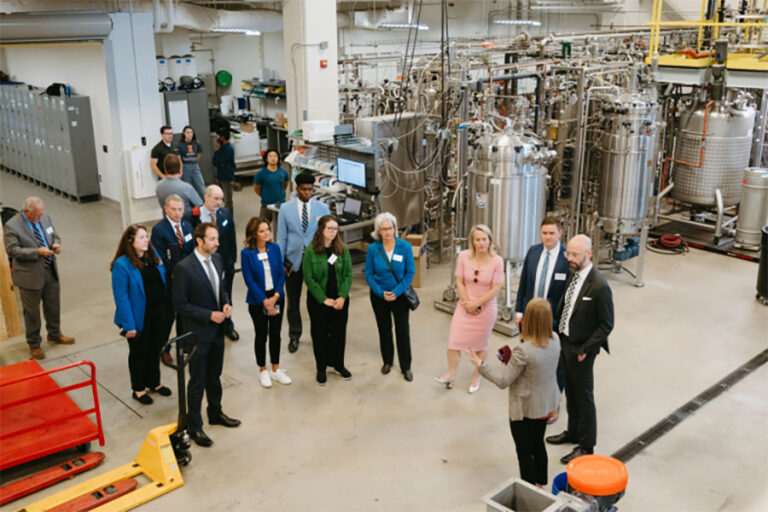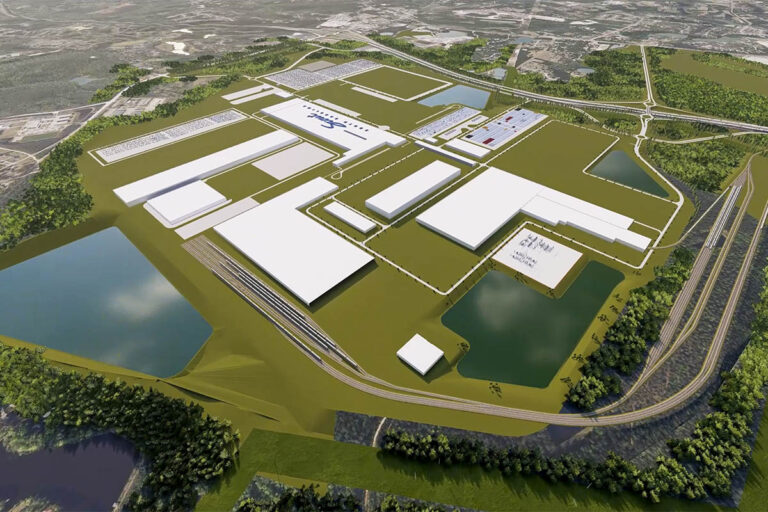
Miracles are happening in modern food technology. Crops are being grown in the desert using saltwater, meat is being conjured out of thin air, and precious wasabi is being cultivated not just in Japan, but in the U.K. More and more start-up companies are offering local and sustainable solutions to distinct areas of food production. Rising to the top of the pile are Red Sea Farms in Saudi Arabia, Air Protein in the U.S, and The Wasabi Company in England.
Rising populations are putting a strain on the supply of fresh water. 75% of the world’s fresh water is used for agriculture. Red Sea Farms is shining the spotlight on the unsustainable situation and is sending a message that humanity has to change. The co-founders met at King Abdullah University of Science and Technology (KAUST). Mark Tester, a Professor of Plant Science, and Ryan Lefers, a research scientist specialising in agricultural engineering, are interested in addressing a global problem of food security in water-scarce communities. Together, they have created a viable saltwater-based agricultural system that enables the growth of food using saltwater rather than fresh water.
As for the method behind the magic, Tester, through the selective breeding of wild varieties, has developed salt-tolerant crops. He has been able to accelerate the process using other cutting-edge techniques. Lefers on the other hand has worked on substituting saltwater for fresh water in cooling systems which can account for up to 90% of the freshwater footprint of a greenhouse. Of the water used in Red Sea Farms’ greenhouses, 90% is saltwater. These systems are cheaper and more sustainable than freshwater systems.
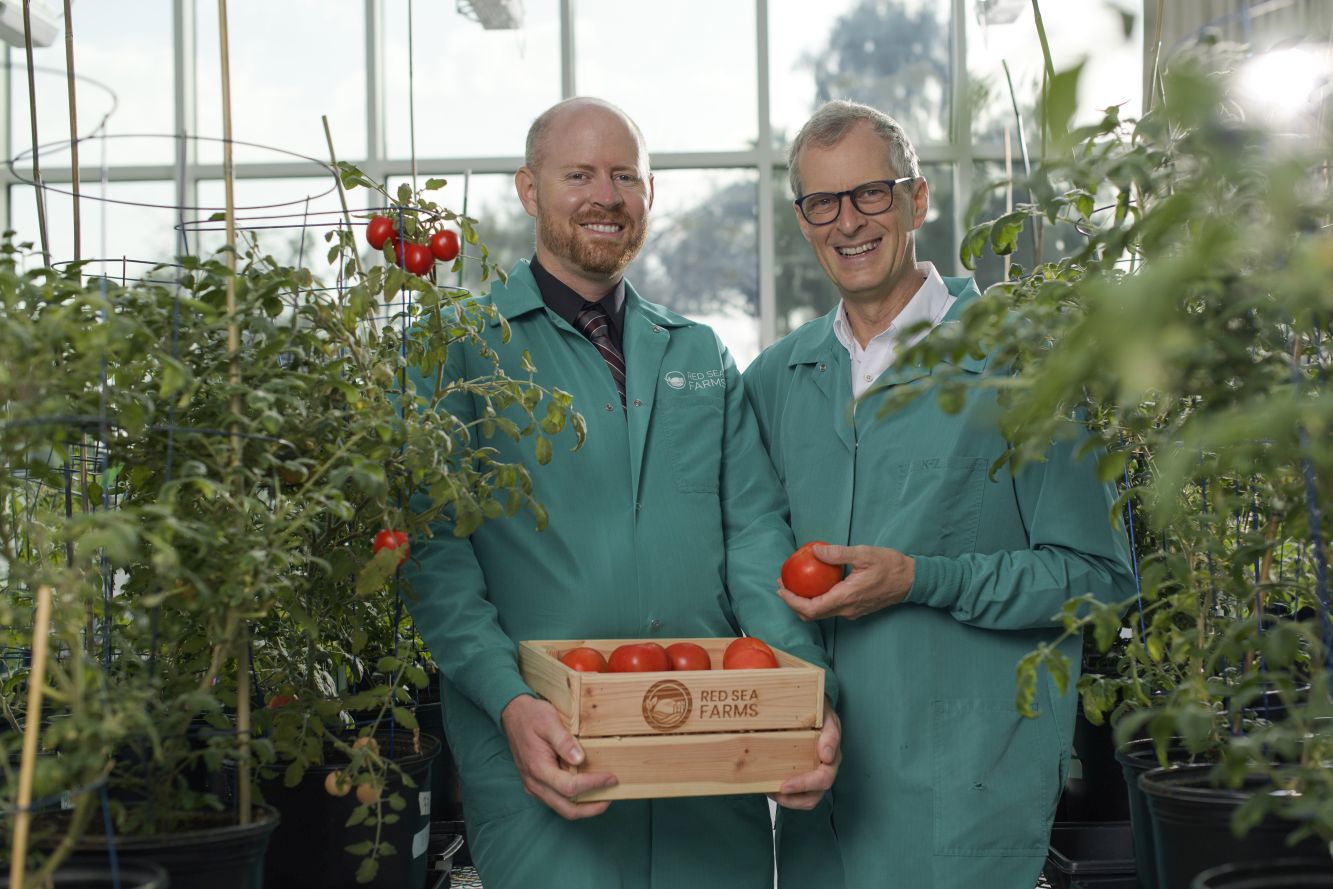
Much of the agriculture in Saudi Arabia is based on the use of expensive desalinated seawater which has a heavy environmental toll. These water-scarce conditions can be seen around the world making this new technology globally relevant. Initially, the company is using its technology to grow and sell tomatoes in Saudi Arabia but plans to sell entire growing systems to buyers around the world. By 2050, our planet’s growing population will need two-thirds more food than is needed today.
Investment in Red Sea Farms is coming from a group of Saudi and UAE investors including Aramco entrepreneurship arm Wa’ed, KAUST, and venture capital group Global Ventures. Wassim Basrawi, the managing director of Aramco’s Wa’ed venture said “ the investment reflects our decade-long commitment to the Saudi start-up sector…Red Sea Farms is a good example of a game-changing start-up whose innovations can transform markets and improve life for everyone in the kingdom.” In June 2021 the start-up received a $10 million investment from KAUST, the Future Investment Initiative Institute Fund, and Global Ventures of the UAE.
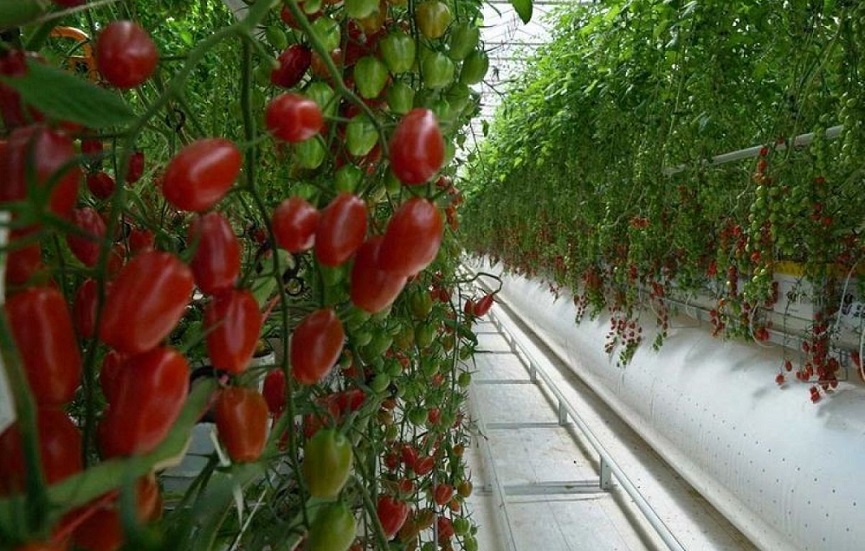
Another start-up exploring a new horizon is Air Protein. They claim to have “reimagined and redesigned how meat is made and to have created the most sustainable meat on the planet.” It is widely acknowledged that the production of meat has caused deep environmental issues such as deforestation, pollution, and diminishing natural resources, especially water. Their groundbreaking process is carbon negative, massively scalable and can happen virtually anywhere.
This company takes elements of the air and combines them with cultures until they produce protein- a process similar to how yoghurt, cheese, and wine are made. This protein is harvested and purified and then turned into any meat by chefs who recreate the texture and taste of chicken, fish, beef, and pork. No animals, hormones, pesticides, herbicides, or GMO’s are used and the product has more protein per kilogram than any other meat. It is also rich in vitamins, minerals, and amino acids.
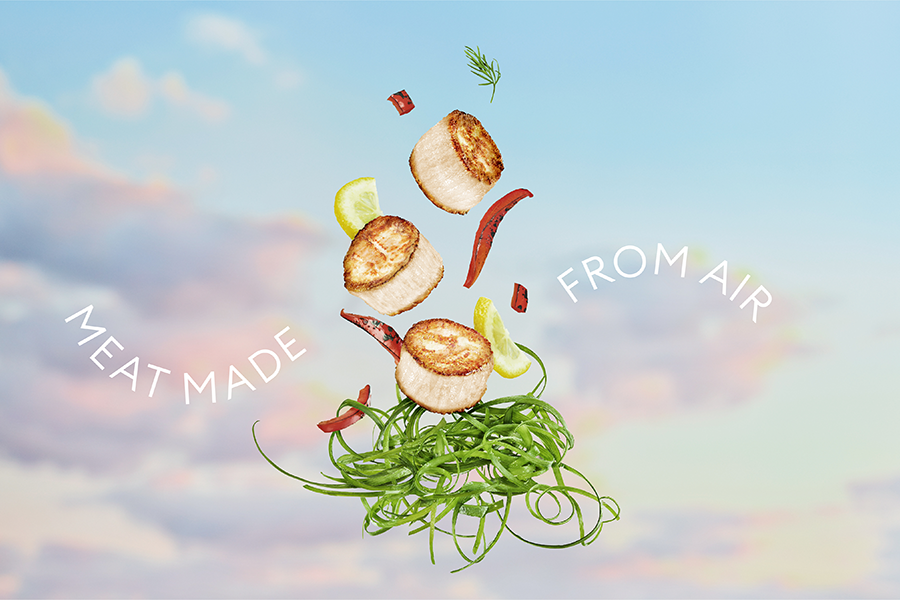
More magic is to be found at The Wasabi Company in England. Wasabi is one of the most expensive vegetables in the world and takes months to mature, but a farm in the county of Hampshire is growing the root commercially for the first time in the U.K. People here have become accustomed to the green paste that often comes with sushi but rarely contains more than 3 or 4% wasabi. Wasabi is difficult to get hold of, difficult to grow, and can cost up to $340 per kilo.
At The Wasabi Company they have repurposed empty Victorian gravel water beds for wasabi, a distant cousin of mustard and horseradish. They’re trying to recreate the natural growing environment which is the mountain streams of Japan where trees overhang and provide shade. An English summer is not very hot and therefore benefits the plant. The ideal climate is not too hot and not too cold, with access to spring water that doesn’t vary much in temperature. Five hundred litres a minute of fresh water runs through the beds making them ideal for growing.

Breaking down the wasabi to a cellular level using a grater produces a chemical reaction which makes a paste with the famous heat and flavour. The full effect doesn’t start for two or three minutes and only lasts for twenty minutes. This explains why it can’t be put in a packet!
The importance of localising food production and increasing sustainability in the agricultural and wider food industry has been emphasised by COVID-19 and the inherent problems such as travel restrictions and supply-chain disruption. As these three start-ups demonstrate, developing local and transferable solutions is the future.
With new techniques and strategies come new discoveries- the team at Red Sea Farms say their tomatoes even taste better…![]()

The phrase “making the world a better place” has become something of a green washing platitude these days. Of course, many business innovations lead to new breakthroughs that foster positive change. However, most modern tech giants are more concerned with their bottom line, while claiming to work for the common good.
Fortunately, there are quite a lot of start-ups that actually succeed in making the world a better and safer place. In this Buzz series, D.B.G (Buzz writer Daniel Barnaby Goddard) presents to you purpose driven entrepreneurs from various industries around the world that have the right idea when it comes to tackling social, economic, and environmental issues.







